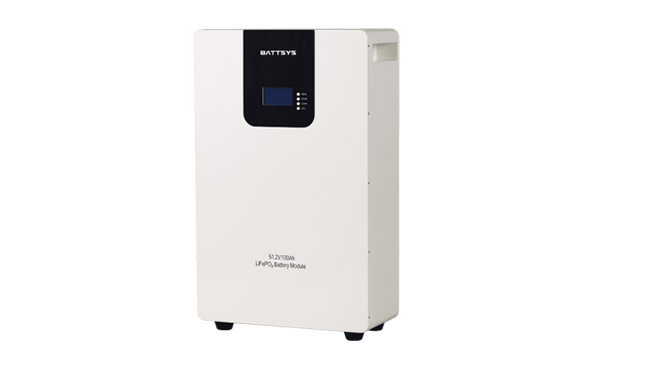Advantages of various uses of household battery energy storage.
For most households, a solar cell energy storage system on the roof can reduce their electricity bills by up to 60% or more, depending on the energy you consume during the day. Usually, installing solar energy alone can reduce your electricity costs by 50% to 70%.
In addition, there are now many "smart" devices that can be turned on or activated through timers, and if there is too much solar energy, the yield of not sending them to the network is very low.
For some people, the value and safety of reliable and sustainable power sources outweigh the costs to date.

One of the cost-effective available systems with batteries and inverters is installed between modules, which directly stores DC current from the modules, meaning it can store and use solar energy generated during the day.
Usually, installing solar systems on rooftops during the day and operating efficient equipment or heating hot water is cheaper than storing excess energy. For example, energy intensive equipment such as dishwashers, heaters, air conditioning systems, and washing machines can be operated during the day.
When the stored energy is depleted, the network can serve as a backup so that consumers can enjoy the best of both worlds. The hybrid system can also charge the battery with cheap nighttime electricity (usually before midnight to after 6am).
Our BESS battery energy storage can save energy for solar production and networks. Even if you have a power failure, you can still provide an independent power supply. It enables homeowners to obtain electricity from the network at low electricity prices.
It is not yet clear how several small house batteries can stabilize the network by selling electricity during peak hours (such as during heatwaves), which means there is no need for expensive natural gas emergency power plants that only operate for a few days each year.
